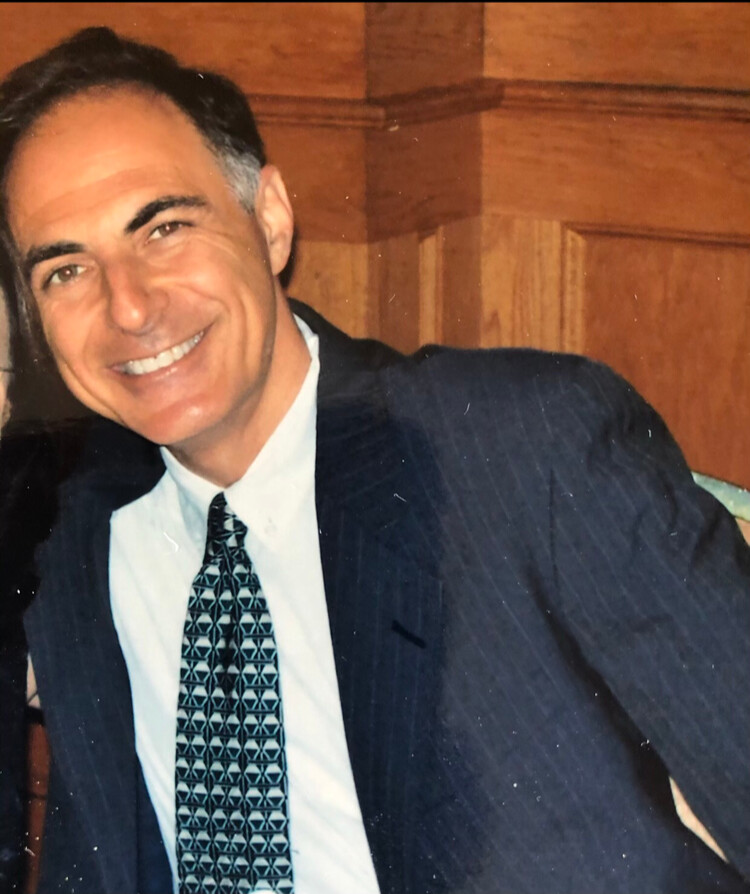Alright – so today we’ve got the honor of introducing you to Kenneth Lieberson. We think you’ll enjoy our conversation, we’ve shared it below.
Kenneth, thanks for joining us, excited to have you contributing your stories and insights. Learning the craft is often a unique journey from every creative – we’d love to hear about your journey and if knowing what you know now, you would have done anything differently to speed up the learning process.
How did you learn to do what you do?
Love, fascination, desire, attraction drew me to music. My parents told me that when I was a few months old i sat up, perhaps for the first time, when passed a church where Bach was being performed. Even though I was too young to know how to talk, I must have made it very clear that I did not want to leave this magnificent sound.
Despite a miserable experience studying piano as a child, in fact i hated music lessons– if I thought about it all, I would have said that I hated music. In retrospect it is clear that my teacher’s technique of (gently) slapping my hands every time I made a mistake was not suited to my what was often called “over-sensitivity.”
My mother felt I should stay with the same teacher because as a child, she had no success with piano which she attributed to a frequent change of teacher… a perfect example of following a rule as opposed to seeing what was actually going on.
In middle school, all students were (at random) assigned to arts classes. I was placed in a clarinet class. There was something so immediate about wind instruments that the first night, I practiced three hours, learning to play Beatle’s songs and a chromatic scale (slowly)😊. It wasn’t long before I was playing in the school band and orchestra– and writing arrangements (I wish I had kept my arrangement of “‘l’ll Be There.” I read books on orchestration, music theory and music history. My middle school band/orchestra teacher, Eugene Fader (a professional horn player) suggested I study privately. After the first lesson, my teacher, Virginia Hourigan, called my parents to tell them that i could become a professional musician. It seems that this news did not delight them.
My voice was changing. I wanted an instrument with a range similar to mine. I considered bass clarinet. The orchestra needed an oboe and a bassoon. I tried both, and many others, thanks to Eugene’s generosity. Bassoon felt right. I did not take it home right away. I practiced at school until I could play some simple pieces. My dad questioned why was starting all over again because he thought I was doing so well on clarinet. I don’t think I had an answer. My mind used to go blank when I got angry… even though I was an exceptionally good student, more than once people described me as “vague, disconnected,” Within a year I was playing solos at a recital at Carnegie Recital Hall. The following year I auditioned for and was accepted into the NY Youth Symphony. The following year I was made principal bassoon, playing over a dozen concerts at Carnegie Hall including “Firebird.” After the concert.It was one of the few times I remember my father hugging me. I won the concerto competition at LaGuardia HS of Music & Art, where I was valedictorian… despite all this, emotional troubles began to surface. I won the Young Artists’ Award at Tanglewood. At Juilliard I by age 18 I was playing in the top orchestra. I re-auditioned earning my BM and MM in composition, then was a Teaching Fellow in Theory for two years.
The Juilliard Quartet performed my first Quartet three times, including two national broadcasts from the Library of Congress on National Public Radio. I produced my first opera at my uncle’s Off-Off-Broadway theater. The 8 or so performances earned respectable reviews (Bernard Holland in the NY Times wrote “nice moments everywhere.”)The quartet earned a glowing review from the Washington Star “Lieberson could become a household word.” In all honesty, I prefer being a human being.😊
Mental/ emotional issues slowly got worse… climaxing around the age of 60. I retired early from teaching, saw a psychiatrist, etc. My issues were never severe enough to stop me from composing, though after a getting the help I needed, the floodgates opened. A degree of prolificity I would not have though possible came to be… 42 symhonies, 27 concertos, 2 cantatas, four mini ballets, dozens of songs, many with orchestral accompaniment, chamber music, piano and other sonatas, a full-length opera, ballet and oratorio are in progress plus over 20 (short) books including 18 volumes of poetry “Dr. Seuss Exclusively for Adults,” dozens of digital paintings.. I have been writing works for narrator and orchestra which I have started to record (as the narrator).
I have learned more from my growing number of friends in the recent years than in the preceding 40 years when I was trying to become a pianist and conductor.. I did conduct a lot– mostly students. If my pen runs dry, I will return to conducting, hopefully at a higher level. I still study every day… it is a joy for me. Learning gratitude is the most profound and helpful lesson — I am grateful it has been taught to me!😊 Charlotte Selver, with whom I studied only briefly, taught me that “attitude is everything.” Tony Bennett put it this way, “Do something a lot, over many years, you get better.” A friend said recently that as we get older we learn… I added, if we are lucky… he countered, “Yes, lucky if we have learned the skills — and I add: to learn effectively.” A very long answer which is really just a more full way of saying what I wrote initially, “It’s about desire, interest, love, dedication, resilience, attitude…”
Knowing what you know now, what could you have done to speed up your learning process? Getting help as a teenager. There was a stigma about mental health then. I knew I was suffering, and angry but I also knew I had to seem perfect so as not to upset my parents who had plenty of their own issues. It took me more than a decade to morn my mother’s passing because I couldn’t get past he inability to take care of herself much less protect my sister and me from the difficulties presented by my father’s artistic and other frustrations, shame, anger, etc… he was almost always a warm, loving, responsible person– the few times when he wasn’t seemed to hurt more because I never knew when his coldness, bordering on cruelty was coming.. similar to experiences children of alcoholics have… except my father had no vices.
What skills do you think were most essential? Resilience, self-reliance, a clear sense of what I love and how I want to live and what I want to do… not giving in to despair, learning to see everything. as having silver linings.
What obstacles stood in the way of learning more? Self doubt, perfectionism, unrelenting standards — the feeling that nothing I could possibly do would be good enough to overcome my early childhood world view that the universe is cold, ungiving, hostile…. wiser people than I have taught us, our thoughts can make hell out of a hell and heaven out of hell… This message greets me continually… most recently through “Dr. Edith Eva Eger’s book “The Choice.”

Great, appreciate you sharing that with us. Before we ask you to share more of your insights, can you take a moment to introduce yourself and how you got to where you are today to our readers.
Most if not all of the answers to the questions in this section have been discussed in detail in the previous section.
My work is a reflection of our times. My role is to transform what I see, feel and experience into art.
What sets me apart? I sheer volume of work that the muses gift me with and my commitment to continuous improvement.
What am I most proud of? I guess it is being able to see silver linings in everything.
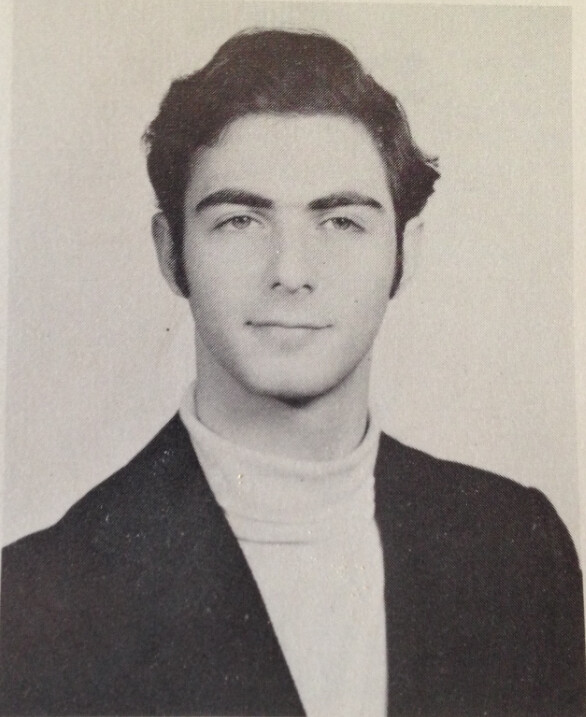
Is there mission driving your creative journey?
My goal is to be as honest as I possibly can. My hope is that by sharing who I am, others will be entertained and perhaps inspired in their own journeys.
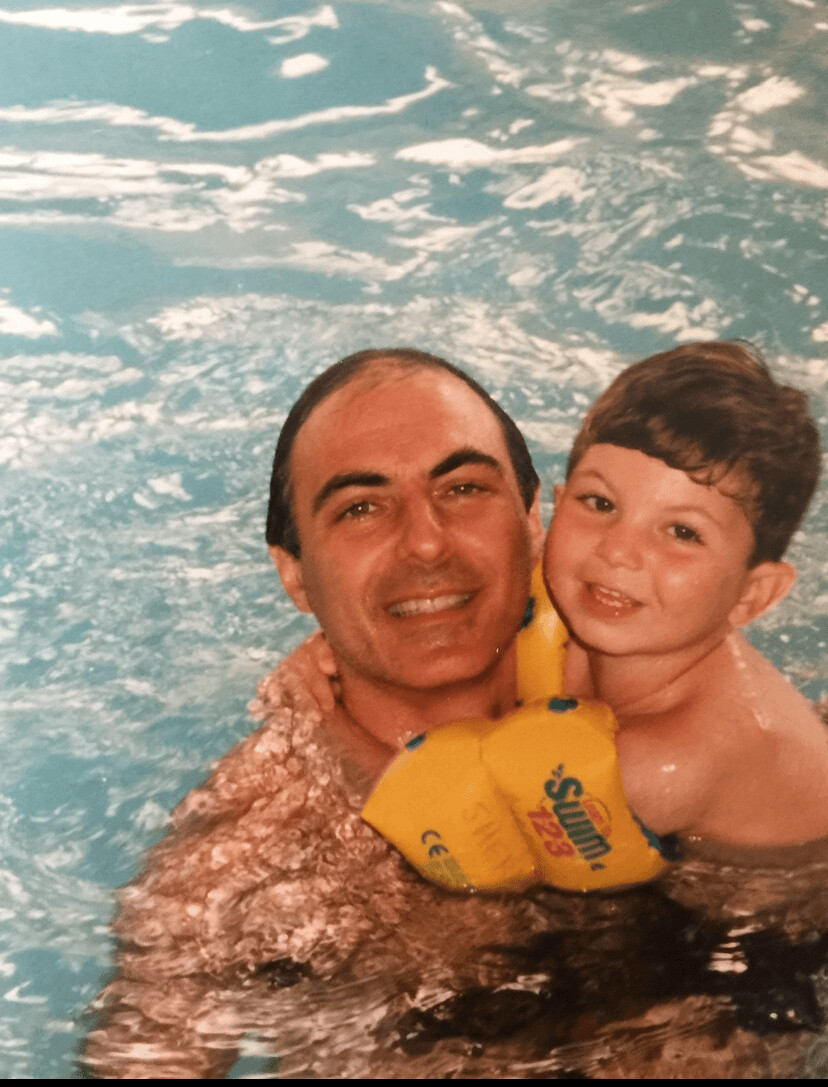
Contact Info:
- Website: https://KennethLieberson.com
- Facebook: Kenneth Lieberson
- Linkedin: Kenneth Lieberson
- Soundcloud: Kenneth Lieberson
- Other: [email protected]



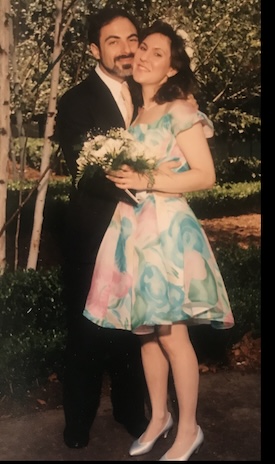
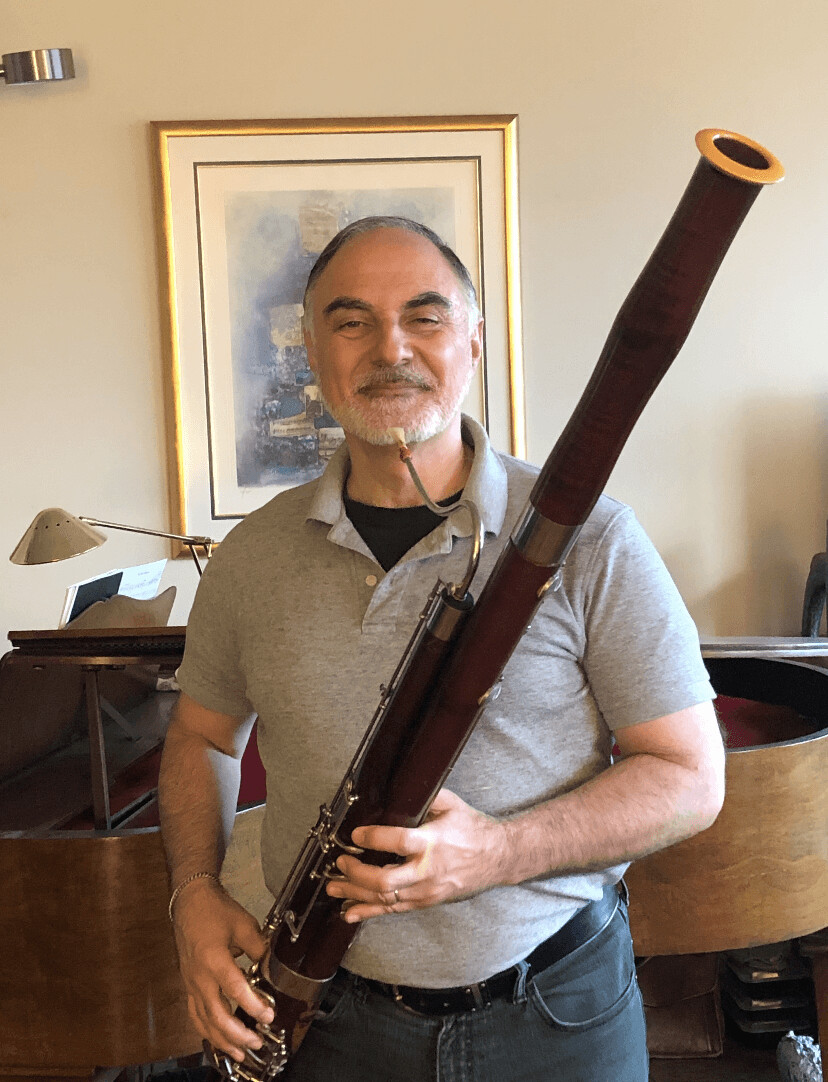
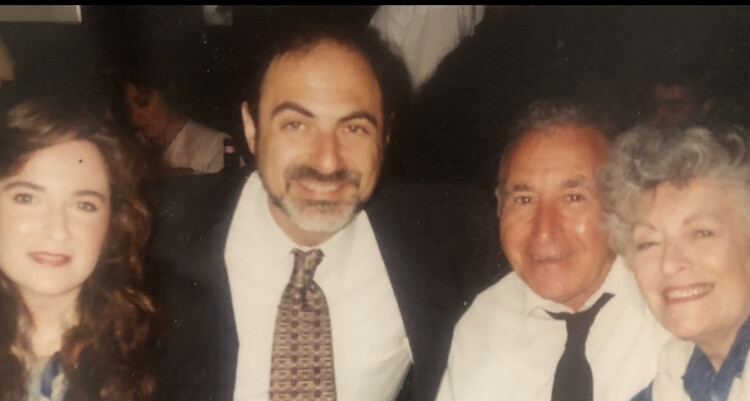
Image Credits
All photos are by Kenneth Lieberson and his family members.


